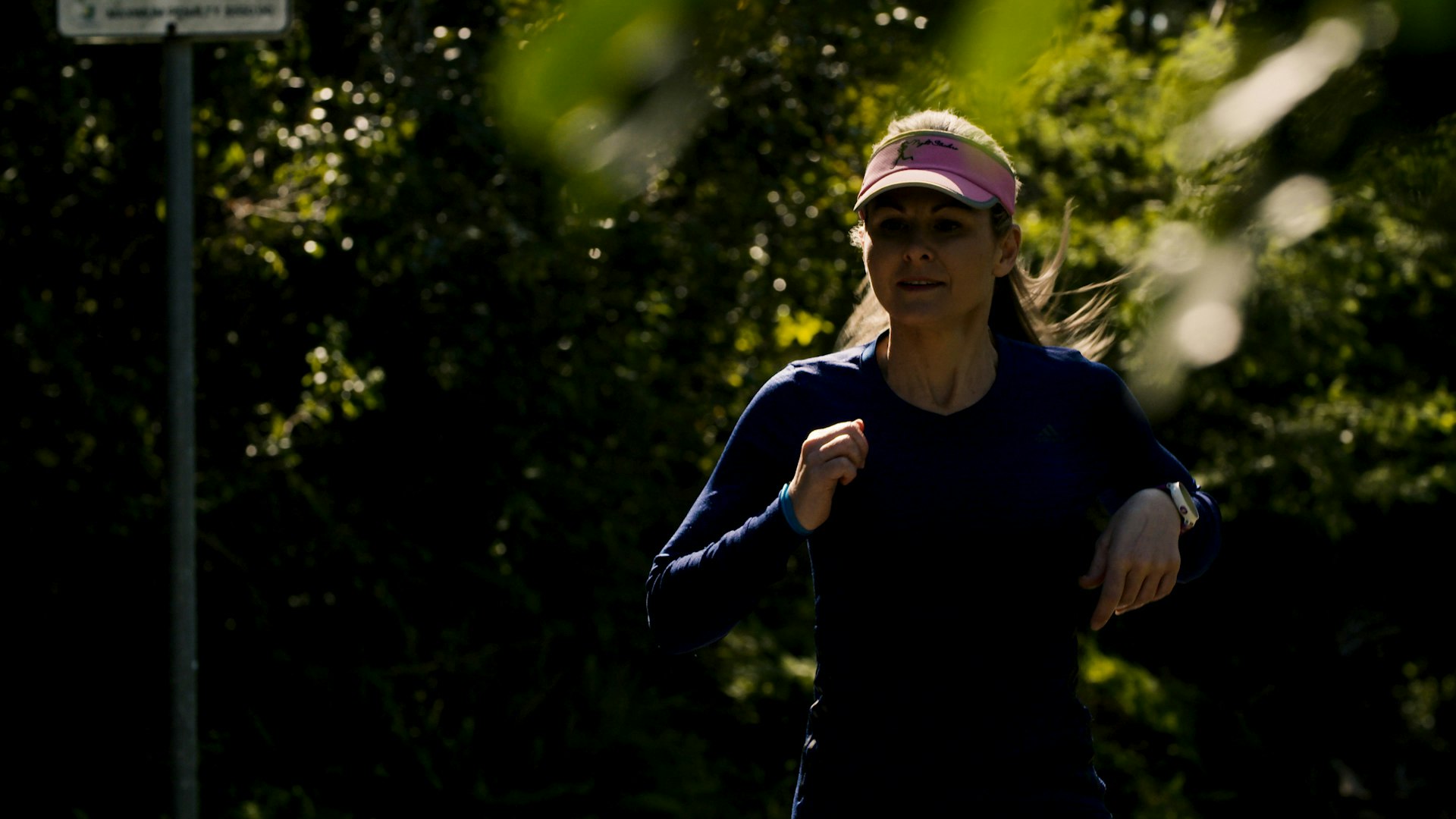
Staying active and eating well
Simple steps to fit exercise and healthy eating into your work day.
The Ahead for Business team sat down with Mark Jennings from Business Books South West to see how he looks after his mental health while running a small business.
Q: Having worked with other small business owners, how do you think they are coping with the effects of COVID-19?
A: It really depends on the business and their unique situation. Some of my clients had to close their businesses for a period of time, some reduced their contact hours with the public, and some could stay open. I had a client who saw an opportunity to use the situation to his advantage. He is a compounding pharmacist and saw the demand for hand sanitiser, so made some to sell. However, not every business was in the position to exploit the situation. I had another client who was already on the brink of closure and sadly COVID-19 ended the business.
For my bookkeeping practice, Business Books South West, January through to June are usually quiet, but when COVID-19 hit and the government brought in all the stimulus measures we realised we weren’t going to have our ‘quiet time’ in 2020. It was challenging because the government brought these stimulus measures in very quickly, and didn’t necessarily have all the answers we needed. I had to get information from the ATO, understand that information, and pass it onto clients, even when we didn’t fully understand it. The information that businesses were getting was changing all the time, it was difficult to keep up and made things stressful.
Q: We have heard that often small business owners do not prioritise their mental health, why do you think that is?
A: A lot of small business owners just have a goal or ambition and go for it. Sometimes this means they can be wearing too many hats at once, particularly in the start-up stages. Not only do they provide a service or product, but they also have to do the marketing, finances, staff management, HR, wages, superannuation, follow industry regulations - they’ve got to be across everything. So while on the outside it might look like someone is very successful, the reality may be that on the inside the business is struggling. I think there is an element of pride in this too, where we want our customers and the public to think we know what we’re doing and that we’re successful. Nobody wants to admit their vulnerabilities or admit that they need help. For me, I know that I am Mark the human being first, Mark the business owner second. So I know that I have to make my mental health a priority, but that’s not going to ring true for everyone.
Q: What are some of the main challenges you encounter as a small business owner? Have these changed/shifted since COVID-19?
A: I find the juggling of multiple roles and multiple workloads to be quite stressful. In any given day I could be dealing with several different clients, working on multiple things, getting emails and phone calls. I’ve got to juggle myself, my staff, and my clients who could all be having completely different problems. I find that to be a bit stressful.
As a bookkeeper, there is also an element of feeling responsible for your clients. I might see a client every week, go on their business journey with them, see the good and the bad, when they’re struggling and when business is going well. I have to remember that ultimately they are the ones responsible for their businesses, they are not my books or my business, and I can only do so much.
Since COVID-19 I think one of the main challenges has been making more difficult decisions. For example, a lot of businesses had to think about how many staff they needed to keep on and let go, how to roster their remaining staff, and how to manage cash flow. There were many additional challenges and decisions that had to be made with no real certainty about how long COVID-19 would be around for, and I think that was difficult for a lot of small business owners.
Q: What strategies do you implement to ensure you maintain good mental health throughout the challenges of running a business?
A: I work from home, so one thing I do is make sure I shut the office door when I’m not working – out of sight, out of mind! This is really important, it stops me from checking emails or anything like that when I should be having time for myself. Another thing I do is take regular weekends away. It doesn’t have to be far, but just somewhere to get away from my regular environment, get out the office and relax.
I also try to exercise regularly, I go to the gym when I can and I’m also a hockey umpire in winter. A lot of people think umpiring would be stressful, but for me it’s a stress release – because I have one sole focus, I’m not thinking about business or what state my house is in or what my family is up to. It’s a great distraction, and a good work out.
One of the main things I do to maintain my mental health is allowing myself some flexibility. This is particularly important to me because during the summer and warmer months I get impacted by a condition which causes me chronic fatigue. It’s a horrible situation to be in, but I just have to deal with it. During this time, I know that if I don’t want to work an eight-hour day, five days a week, I don’t have to. I can work around what suits me, my energy levels and my health. As the business owner, I like taking advantage of the flexibility to work when I want, not feeling obliged to work when I’m not up for it.
Q: You employ staff members, what do you do to ensure they remain mentally healthy at work?
A: The first thing I like to do is regular check-ins to make sure my staff aren’t having and problems. I like my employees to know they can talk to me, I would rather know what’s going on so that I can get some understanding of why they might be struggling and help where I can. My staff being happy is really important to me, I know if they are happy then I am happy, and ultimately things are going to work well for the business.
I like to reward my staff for good work and for reaching milestones. It might just be a small gift, a bunch of flowers or lunch out somewhere. This is to recognise their hard work, and acknowledge the fact that not only are they working for me, but they are supporting me. I see it as a case of reverse accountability because they are accountable to me with their work, but I am also accountable to them in making sure there’s enough work for them, that I have money to pay them, that I provide them with sufficient training etc.
The final thing is flexibility with the rostering. My staff are part-time, so I can allow them a certain amount of flexibility and they can still get their hours in. I don’t want my staff worrying about what will happen if they need to start late or finish early for whatever reason. Ultimately work is only one part of life, we’ve got to have a balance and be able to adjust and adapt.

Simple steps to fit exercise and healthy eating into your work day.

How to strike a healthy work-life balance, reduce your stress levels and increase your job satisfaction. How to strike a healthy work-life balance, reduce your stress levels and increase your job satisfaction.

If you’re concerned about an employee’s wellbeing, it’s important to talk to them. Find out how to have these conversations in your business.

As a yoga instructor, Nicky Smith draws on her training to provide helpful advice to small business owners dealing with burnout.